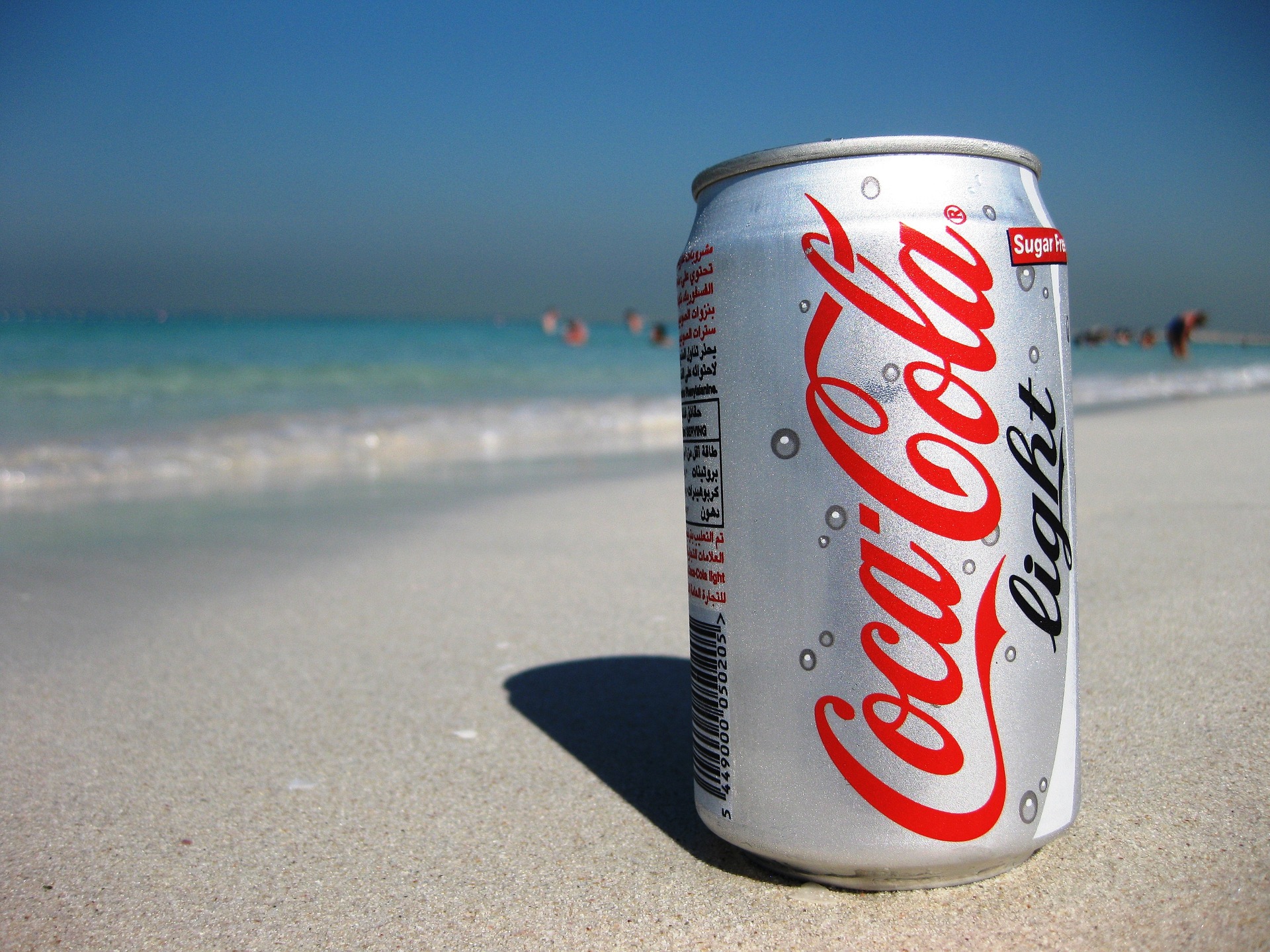Aspartame sweetener to be reclassified by the WHO?

Looking Beyond the Headlines
“A lie is halfway round the world before the truth has got its boots on.”
This quote has been attributed to Winston Churchill, which is amusing because a version of it was first recorded in 1820, half a century before Churchill was born.
Last week, Reuters carried a huge scoop: The International Agency for Research on Cancer (IARC), part of the World Health Organization (WHO), was reportedly about to declare aspartame a possible carcinogen.
This would be a big deal: aspartame is one of the most commonly used non-sugar sweeteners in the world, notably in low/zero calorie drinks. It would also question the wisdom of many of the world’s sugar taxes, especially those which have been designed to drive reformulation of products away from using sugar on health grounds (looking at you, UK Soft Drinks Industry Levy).
However, there’s a problem with the story. The headline doesn’t match the detail of the article, and many people won’t read the article itself.
What Does the Recommendation Mean?
The Reuters story is based on a leak from the IARC, which is due to report on aspartame to the WHO on 14th July. Until this date, we won’t know for certain what’s being proposed.
The rumour suggests that aspartame will be moved from category 3 (not classifiable as a carcinogen) to category 2B (possibly a carcinogen). If this is the case, aspartame will join working in carpentry/joinery, pickled vegetables and perineal use of talcum-based body powder in this category. Category 2A (probably carcinogenic) includes night shift work, being a hairdresser and consuming hot drinks.
The IARC categories are based on the strength of evidence. Category 2B has the weakest evidence. It’s possible that aspartame’s classification in category 2B is due to animal studies in rats, not human studies/observations.
The categories do not represent a level of risk; they don’t state how dangerous an agent is. For example, the IARC classes sunshine as carcinogenic but risks can be mitigated by applying sunscreen. The IARC recommendation also doesn’t take the dose into account. The most recent WHO advice says that a 60kg adult would have to drink between 12-36 cans of diet drink a day over years and years to be at risk.
What Do Food Safety Authorities Say?
The IARC isn’t a food safety agency. They are not a regulatory body and do not make health recommendations.
Aspartame was approved by the US Food and Drug Administration (FDA) in 1981, and they call it “one of the most studied food additives in the human food supply.” It was most recently approved in 1996 and the FDA has reviewed more than 100 studies to ensure consumer safety.
The European Food Safety Authority (EFSA) has also recently re-assessed aspartame. All food additives permitted for use before 2009 were re-evaluated; aspartame was one of the first food additives to go through this process in 2013. EFSA has concluded that aspartame and its breakdown products are safe for the general population, including infants, children and pregnant women.
Source: Stephen Geldart in CZAPP Daily briefing – 30th of June 2023